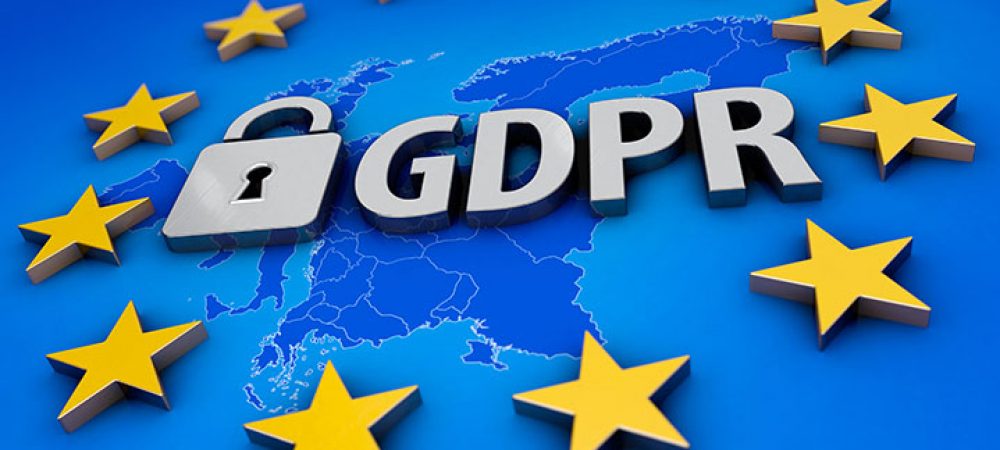€272.5 million (roughly US$332.4 million / £245.3 million) of fines have been imposed for a wide-range of infringements of Europe’s tough data protection laws, according to international law firm, DLA Piper. The figure is taken from the law firm’s latest annual General Data Protection Regulation (GDPR) fines and data breach report of the 27 European Union Member States plus the UK, Norway, Iceland and Liechtenstein.
Italy’s regulator tops the rankings for aggregate fines having imposed more than €69.3 million (roughly US$84.5 million / £62.4 million) since the application of GDPR on May 25, 2018. Germany and France came second and third with aggregate fines of €69.1 million and €54.4 million respectively.
In aggregate there have been more than 281,000 data breach notifications since the application of GDPR on May 25, 2018, with Germany (77,747), the Netherlands (66,527) and the UK (30,536) topping the table for the number of data breaches notified to regulators. France and Italy, countries with populations over 67 million and 62 million people respectively, only recorded 5,389 and 3,460 data breach notifications for the same period, illustrating the cultural differences in approach to breach notification.
The aggregate daily rate of breach notifications in Europe experienced double-digit growth for the second year, running with 331 notifications per day since January 28, 2020, a 19% increase compared to 278 breach notifications per day for the previous year.
Weighting the results against country populations, Denmark takes pole position this year ahead of the Netherlands with 155.6 and 150 reported breaches per 100,000 people respectively. Ireland is in third place with 127.8 reported breaches per 100,000 people. Greece, Italy and Croatia reported the fewest number of breaches per capita since January 28, 2020.
The highest GDPR fine to date remains the €50 million (roughly US$61 million / £45 million) imposed by the French data protection regulator on Google, for alleged infringements of the transparency principle and lack of valid consent.
Following two high-profile data breaches, the UK Information Commissioner’s Office (ICO) published two notices of intent to impose fines in July 2019, totalling £282 million (roughly €313 million / US$382 million). However, in a significant climbdown by the UK regulator, the final fines imposed in October 2020 were greatly reduced to £20 million (roughly €22.2 million / US$27.1 million) and £18.4 million (about €20.4 million / US$25 million). The Austrian supervisory authority suffered a setback when its €18 million fine (about £16.2 million / US$22 million) was successfully appealed in December 2020.
Commenting on the report, Ross McKean, Chair of DLA Piper’s UK Data Protection & Security Group, said: “Fines and breach notifications continue their double-digit annual growth and European regulators have shown their willingness to use their enforcement powers. They have also adopted some extremely strict interpretations of GDPR, setting the scene for heated legal battles in the years ahead. However, we have also seen regulators show a degree of leniency this year in response to the ongoing pandemic with several high-profile fines being reduced due to financial hardship. During the coming year, we anticipate the first enforcement actions relating to GDPR’s restrictions on transfers of personal data to the US and other ‘third countries’ as the aftershocks from the ruling by Europe’s highest court in the Schrems II case continue to be felt.”
Ewa Kurowska-Tober, Global Co-Chair of DLA Piper’s Data Protection & Security Group, said: “Regulators have been testing the limits of their powers this year, issuing fines for a wide variety of infringements of Europe’s tough data protection laws. But they certainly haven’t had things all their own way, with some notable successful appeals and large reductions in proposed fines. Given the large sums involved and the risk of follow-on claims for compensation, we expect to see the trend of more appeals and more robust defences of enforcement action continue.”


